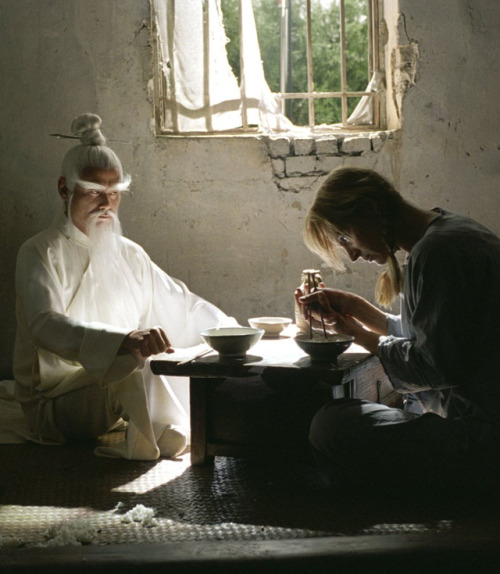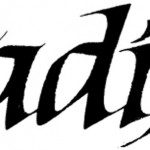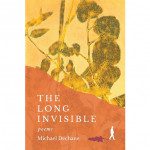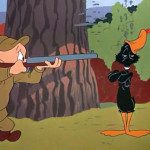One of my working theories about humanity has to do with the continuity and discontinuity between people and animals. How much are we “family” with the animal kingdom? What evidence is there that we are different than animals? Where does the break take place?
There are varying levels of animal-like behavior in individuals and communities: greater or lesser expressions of culture, more of less living to feed basic appetites, greater or lesser domination by emotions and passions, what value is placed on orderly living, the overcoming the impulses of the body by the exercise of the mind, willingness to abide by the law, manners, decorum, formality vs. informality.
 One easy example is the use of utensils to eat with, including chopsticks, instead of hands. I was reminded of this recently when watching Kill Bill vol. 2. In one scene, Kiddo must eat her rice with chopsticks, and when she throws them down in frustration and starts to eat with her fingers, the Kung Fu master, Pai Mei, dumps out her food on the floor and says, “If you want to eat like a dog, then you can live and sleep outside like a dog. If you want to live and sleep like a human, pick up those sticks.” It would be an even more stark example of animal behavior for someone to eat out of a dish without hands, just slurping food up with their lips.
One easy example is the use of utensils to eat with, including chopsticks, instead of hands. I was reminded of this recently when watching Kill Bill vol. 2. In one scene, Kiddo must eat her rice with chopsticks, and when she throws them down in frustration and starts to eat with her fingers, the Kung Fu master, Pai Mei, dumps out her food on the floor and says, “If you want to eat like a dog, then you can live and sleep outside like a dog. If you want to live and sleep like a human, pick up those sticks.” It would be an even more stark example of animal behavior for someone to eat out of a dish without hands, just slurping food up with their lips.
Another example is whether we are content to live in squalor, disorder, messiness. Teenagers are a perfect illustration of this point I am developing, that is, that humans beings are creatures “in transition,” engaged in a lifelong struggle to rise up above their animal nature and live like the higher-order creatures we are intended to be. Little children are more animal by nature, and the process of maturing is, at least in part, a cultivation, an enculturation of the person out of their animal raw material into the form of a good human.
Other examples can be seen in what we choose to do with our free time, whether we default into mere pleasuring-seeking activities (that is, feeding of useless, purely self-centered appetites) or whether we foster at least some kind of drive to a meaningful activity. Hobbies are productive, culture-bearing, meaningful activities. And I think it is a great shame that people do not have “hobbies” as they once did. Reading, gardening, visiting with friends, cooking, knitting, hiking and so on, can be expressions of humanity rising up over mere survival activities and the pursuit of stimuli to the pleasure-center of the brain.
Sex obsession is another barometer of human vs. animal. One’s appetite for sex may be strong, but it is an animal-like behavior to give in to that call whenever it comes, to be obsessed with feeding that appetite, to let it dominate the mind rather than exhibit self-control, with no ability to master the impulse or to moderate it or to keep it in an appropriate context. I wont say that sex obsession is new, but I will say that the societal mores and manners that have helped people live according to rule of their minds have eroded so that sex obsession has become more accessible and acceptable.
There is a continuum at work here. One can never say to another, “You are an animal because you don’t eat with utensils,” or “because you are addicted to porn.” You can only say that such behavior is unfortunate because, among other things, it diminishes a person’s humanity. This is also how the conditions of harsh imprisonment can be said to dehumanize a person.
There is a kind of an implicit challenge to humanity always to be living and being according to what we are by virtue of being uniquely rational creatures. At some point in the advent of homo sapiens, that reason and rationality became the new operating domain for humanity. We escaped from the food chain. We were rocketed into a higher paradigm of rule and stewardship. Now, instead of a predatory relationship with animals, we were capturing and domesticating them. We were putting some of them to use carrying things and provide food.
Finally, this explanation affirms a storied and epic vision of the human experience. It gives new merit to “civilization” in that civilization is a scaffold that helps each of us stand upright like humans rather than groveling in the dirt like animals. Indoor plumbing, food supplies, law and medicine, education, institutions, manners, etc. are props against the gravitational pull toward animalness.






